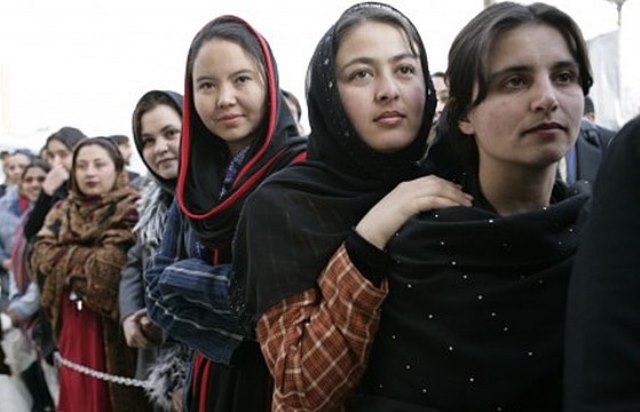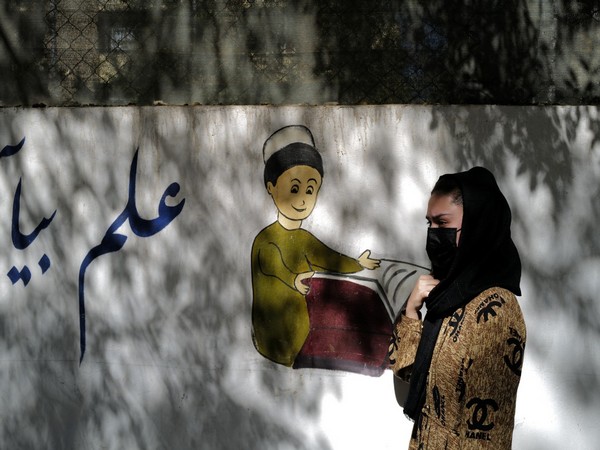UN High Commissioner for Human Rights Volker Turk has called on the de facto authorities in Afghanistan to revoke immediately a raft of policies that target the rights of women and girls, noting both the “terrible, cascading effects” on their lives and the destabilizing risks such policies pose to Afghan society.
“No country can develop – indeed survive – socially and economically with half its population excluded. These unfathomable restrictions placed on women and girls will not only increase the suffering of all Afghans but, I fear, pose a risk beyond Afghanistan’s borders,” Turk was quoted as saying press statement by United Nations Human Rights Office.
“I urge the de facto authorities to ensure the respect and protection of the rights of all women and girls – to be seen, to be heard, and to participate in and contribute to all aspects of the social, political, and economic life of the country, in line with Afghanistan’s international obligations,” he said.
On 24 December, the de facto authorities issued a decree banning women from working in NGOs, TOLOnews reported. This came after they had already suspended university education for women and secondary schooling for girls until what they termed further notice.
“This latest decree by the de facto authorities will have terrible consequences for women and for all Afghan people,” the High Commissioner said. “Banning women from working in NGOs will deprive them and their families of their incomes, and of their right to contribute positively to the development of their country and to the well-being of their fellow citizens.”
The UN rights office said NGOs and humanitarian organizations provide critical life-saving services for many people in Afghanistan, providing food, water, shelter, and healthcare, and some critical programs, such as pre-and post-natal and infant care, are only provided by women.
Many staff working for these NGOs are female and many of the organizations have women in leadership roles. They are essential partners for the UN and other agencies in the delivery of their humanitarian and development programs throughout the country.
“The ban will significantly impair, if not destroy, the capacity of these NGOs to deliver the essential services on which so many vulnerable Afghans depend. It is all the more distressing with Afghanistan in the grip of winter, when we know humanitarian needs are at their greatest and the work these NGOs do is all the more critical,” Turk said.
The High Commissioner also voiced deep concern that increased hardship in Afghan society is likely to increase the vulnerability of women and girls to sexual and gender-based violence and domestic violence.
“Women and girls cannot be denied their inherent rights. Attempts by the de facto authorities to relegate them to silence and invisibility will not succeed – it will merely harm all Afghans, compound their suffering, and impede the country’s development. Such policies cannot be justified in any way,” Turk said. (ANI)
Read more: https://lokmarg.com/

